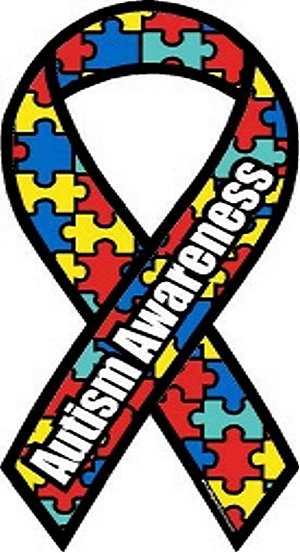Coordinating Center for Research to Promote the Health of Children with Birth Defects and People with Developmental and Other Disabilities
The purpose of this cooperative agreement award is to develop a central NCBDDD Coordinating Center to actively outreach and establish innovative partnerships with academic and other researchers to expand upon the scientific knowledge to promote the health and well-being of babies, children, and adults
by studying and addressing the causes of birth defects; help children reach their potential by understanding developmental disabilities; reduce complications of blood disorders; and improve the health of people living with disabilities.
The purpose of this program is to strengthen the nation’s capacity to carry out public health research in the areas of birth defects; developmental disabilities; complications of hereditary blood disorders; and improving the health of people living with disabilities across the lifespan.
The activities will vary over the years of the award depending on funding, but the overall objective are for one awardee to:
Establish a coordinating center for research; Advance evidence-based practices and policies that promote the health and well-being of the populations served by NCBDDD; Conduct research in support of NCBDDD priorities; Communicate and disseminate information with and for stakeholders and other audiences; and Evaluate and report on progress and findings.
The purpose of this program is to strengthen the nation’s capacity to carry out public health research in the areas of birth defects; developmental disabilities; complications of hereditary blood disorders; and improving the health of people living with disabilities across the lifespan.
The activities will vary over the years of the award depending on funding, but the overall objective are for one awardee to:
Establish a coordinating center for research; Advance evidence-based practices and policies that promote the health and well-being of the populations served by NCBDDD; Conduct research in support of NCBDDD priorities; Communicate and disseminate information with and for stakeholders and other audiences; and Evaluate and report on progress and findings.
Related Programs
Birth Defects and Developmental Disabilities - Prevention and Surveillance
Department of Health and Human Services
Agency: Department of Health and Human Services
Office: Centers for Disease Control and Prevention
Estimated Funding: $15,025,000
Office: Centers for Disease Control and Prevention
Estimated Funding: $15,025,000
Who's Eligible
Relevant Nonprofit Program Categories
Obtain Full Opportunity Text:
https://fedconnect.net/
Additional Information of Eligibility:
This FOA is open to U. S. universities, national laboratories, and industry.Research consortiums may be composed of diverse institutions including academia, national laboratories, non-profit research institutes, industry/utilities, and international partners.
Research teams should strive to achieve the synergies that arise when individuals with forefront expertise in different methodologies, technologies, disciplines, and areas of content knowledge approach a problem together, overcoming impasses by considering the issue from fresh angles and discovering novel solutions.
DOE-NE strongly encourages diversifying its research portfolio through effective partnerships with industry, underrepresented groups, and MSI, which may receive funding support from the project.
International partners are encouraged to participate, however no U. S. government funding will be provided to entities incorporated outside of the U. S. DOE-NE will evaluate any such proposed partnerships as part of its program relevancy evaluation and scoring.
The following link provides the current list of MSI: http://www.ed.gov/about/offices/list/ocr/edlite-minorityinst.html.
No more than 20 percent of the total funds provided by the government to a university (excluding NEET CTD) can go to a non-university collaborator.
See eligibility requirements in the body of the FOA document to be sure you can apply.
Full Opportunity Web Address:
https://fedconnect.net/
Contact:
Contract Specialist Shawn M. Tinsley tinslesm@id.doe.gov
Agency Email Description:
DOE Grants Admin POC
Agency Email:
tinslesm@id.doe.gov
Date Posted:
2016-12-21
Application Due Date:
2017-02-22
Archive Date:
2017-03-24
Social Entrepreneurship
Spotlight
When it Comes to Social Enterprises, Failure is the Best Platform for Innovation

In the world of social enterprises, failure is a cringe-worthy moment nobody wants to talk about. But, social entrepreneurs can benefit from their failures.

